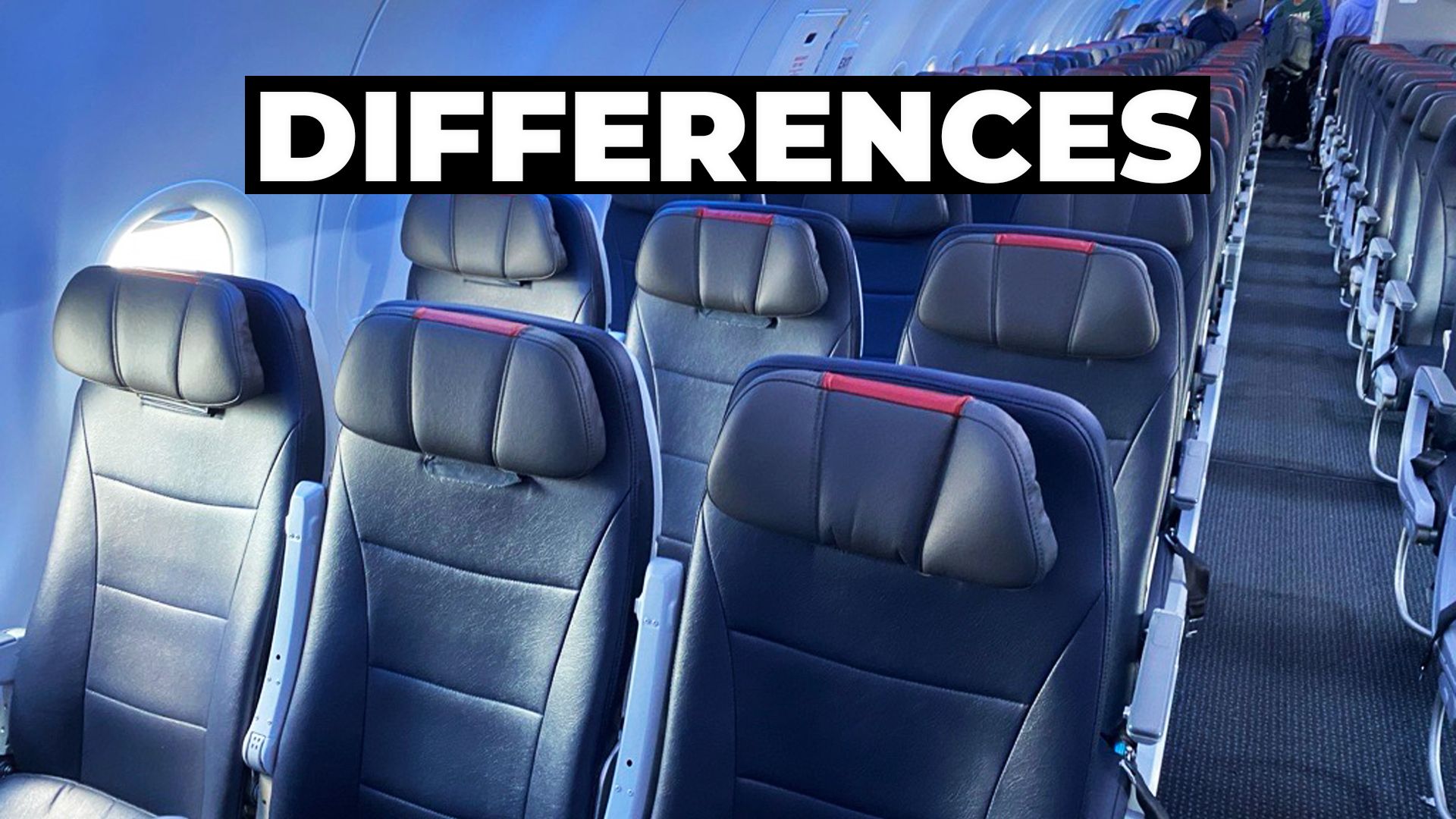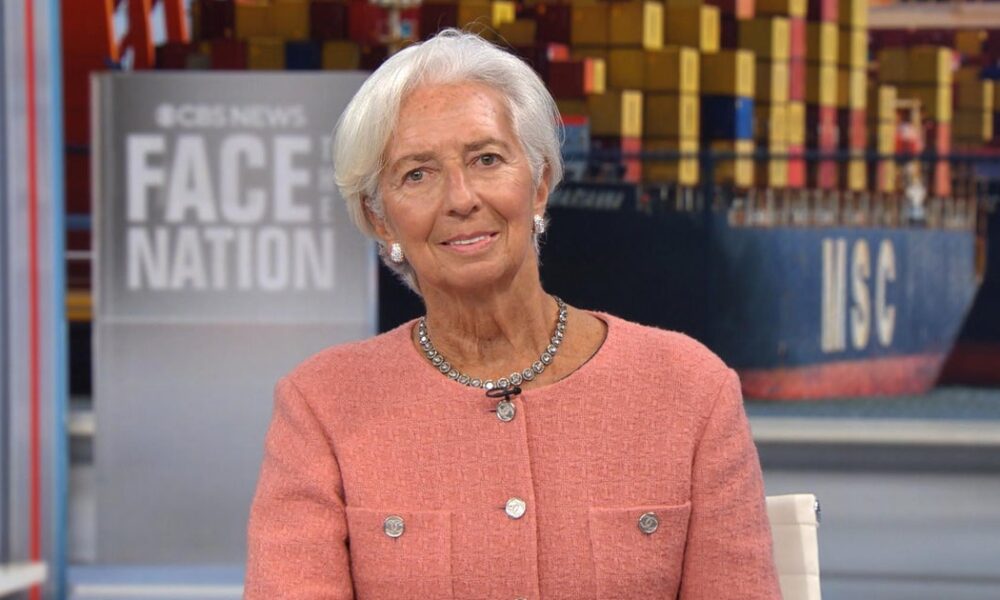Airlines are increasingly adopting basic economy fares to compete with budget carriers. This fare class, which offers a more restrictive travel experience than traditional economy, has sparked significant discussion among travelers. While the basic economy ticket is designed to attract price-sensitive passengers, it has raised questions about the impact on overall air travel experience and pricing strategies.
Understanding Basic Economy Fares
Basic economy fares were first introduced by Delta Air Lines in March 2012. The airline aimed to compete against ultra-low-cost carriers like Spirit Airlines. Initially, these tickets were available only on routes facing competition from budget airlines. However, Delta quickly expanded the offering across its domestic network and even on long-haul flights. Other airlines, including United Airlines and American Airlines, followed suit, launching their own basic economy options by 2017.
The essential feature of basic economy is that it is not a distinct travel class; rather, it represents the lowest fare type within the economy cabin. Passengers purchasing basic economy tickets are sitting in the same seats as those with standard economy tickets. However, basic economy fares come with a range of restrictions, such as limited seat selection, no checked baggage allowance, and, in many cases, boarding in the last group.
In Europe, airlines such as Air France, KLM, and members of the IAG and Lufthansa Group have also adopted basic economy fares. Similar restrictions apply, often limiting the ability to select seats or check bags.
Comparing Basic Economy Across Major Airlines
Passengers on Delta’s basic economy, now referred to as Delta Main Basic, face specific limitations. These travelers cannot preselect their seats and board last in Group 10. Additionally, they do not earn SkyMiles and cannot upgrade or access lounges, although some exceptions may exist depending on the route.
“We’ve leaned heavily into segmentation of our revenues,” said Andrew Nocella, Chief Commercial Officer of United Airlines, discussing their basic economy strategy.
United Airlines has similar restrictions for its basic economy fare. Passengers must board in the final group and are not allowed to check any bags unless they have a qualifying MileagePlus membership. Unlike Delta, basic economy customers with United can accrue frequent flyer miles, though at a reduced rate.
American Airlines offers a slightly different structure. Basic economy passengers can bring a checked bag, but they too board last and may face fees for seat selection and other changes.
The introduction of basic economy tickets has sparked diverse opinions on their value. Airlines assert that these fares allow them to better compete with budget carriers. While basic economy fares are often cheaper, they come with restrictions that can lead to additional costs if changes are needed. Business travelers typically require more flexibility than basic economy offers, leading some companies to discourage employees from booking these tickets.
The airline industry’s move towards basic economy fares represents a significant shift in pricing strategies. By segmenting fare types, airlines enhance their ability to cater to a wider customer base. While passengers may find these fares initially appealing, the upsell opportunities that arise from the restrictions can lead to higher overall costs.
As airlines continue to refine their fare structures, the question remains whether basic economy will evolve into a broader trend. Some carriers are already exploring unbundled business class fares, potentially mirroring the basic economy model. Emirates began offering “Special” business class fares in July 2019, indicating a possible shift in how airlines approach pricing across different travel classes.
In conclusion, the ongoing battle between airlines and budget carriers is reshaping the landscape of air travel. Basic economy fares serve as a strategic response to the competitive market but also raise concerns about the overall travel experience. As airlines adapt to this evolving environment, travelers will need to weigh the benefits of budget fares against the potential for added costs.







